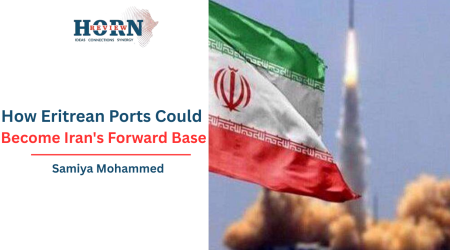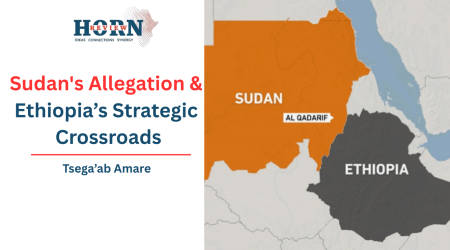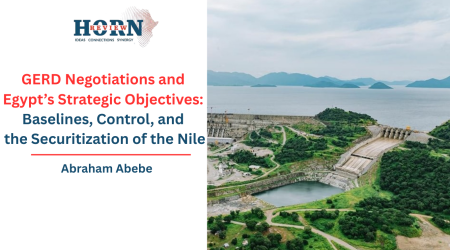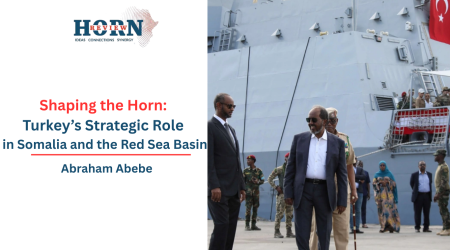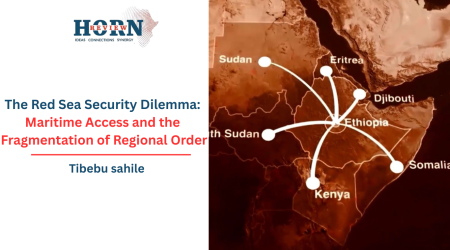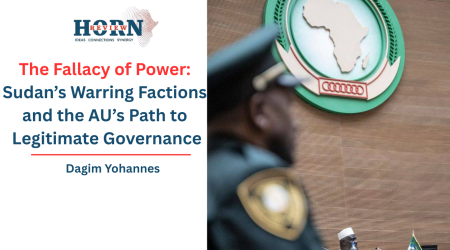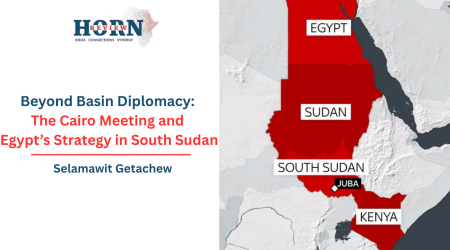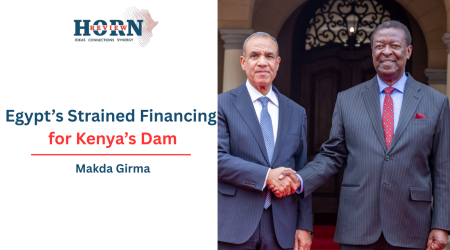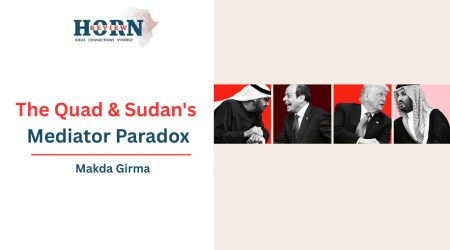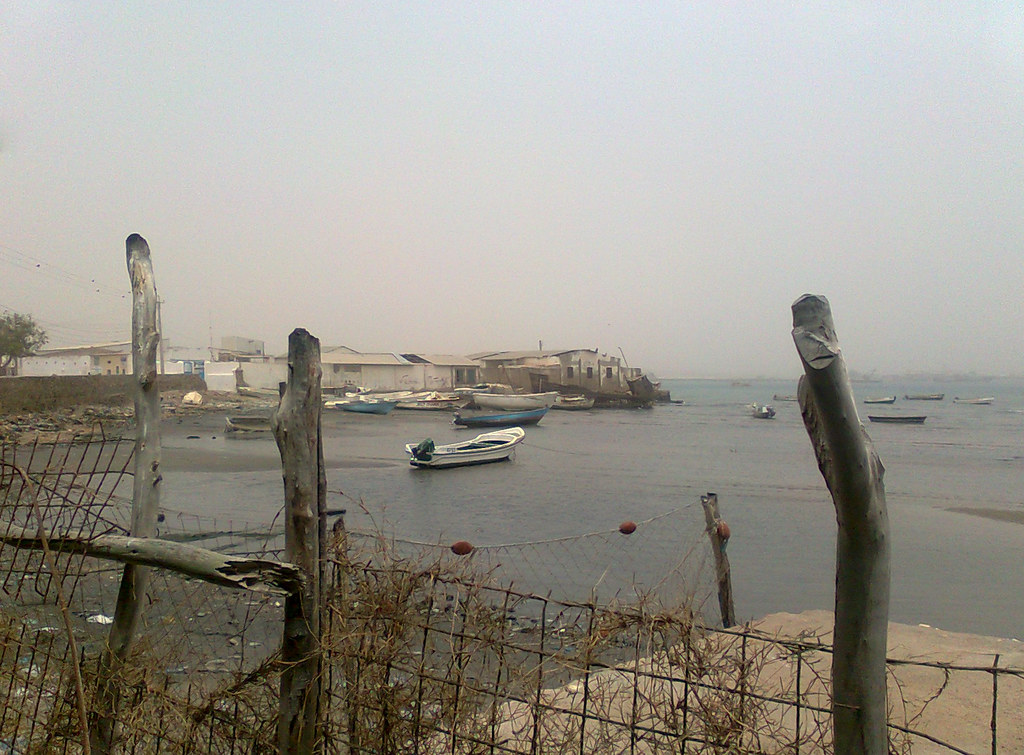
31
Mar
The Sambuus State: A Spark in the Triangle Can the Horn Survive Another Secessionist Dream?
Berbera, Burco, Hargeisa
The Horn of Africa, a region with fragile statehood, now faces a new and destabilizing variable the emergence of Sambuus State, a self-declared secessionist enclave in Somalia’s north western Triangle region. Comprising key urban centers such as Hargeisa, Berbera, and Burco, this breakaway entity has recently been thrust into the spotlight following a violent confrontation with Somali forces.
The conflict, which has drawn the attention of regional powers and international observers alike, underscores the fragility of borders in the Horn and raises critical questions about the future of Ethiopian interests, regional stability, and the broader implications for global security.
Sambuus State’s origins are rooted in the complex interplay of clan dynamics and historical grievances. Unlike Somaliland, which has sought international recognition as an independent state for decades, Sambuus State represents a more radical and localized insurgency, driven by a single dominant clan asserting autonomy over a resource-rich corridor.
The enclave’s self-proclaimed capital, Djibouti, not to be confused with the neighbouring Republic of Djibouti, serves as the symbolic heart of its rebellion, while towns like Wajale, Harges, and Gebliay function as strategic nodes in its territorial claims. The group’s leadership, spearheaded by figures such as Ali Sayeh, has capitalized on longstanding discontent with Mogadishu’s central authority, positioning Sambuus State as a defiant alternative to Somalia’s fractured governance.
The recent clashes in Hargeisa, Berbera, and Burco have exposed the volatile nature of Sambuus State’s ambitions. Somali government forces, determined to quash what they perceive as an existential threat, have launched aggressive operations to reclaim control. However, the insurgency’s guerrilla tactics and intimate knowledge of the terrain have rendered conventional military strategies ineffective, leading to a protracted and bloody stalemate. The humanitarian toll has been severe, with reports of mass displacement and civilian casualties exacerbating an already dire situation in the region.
For Ethiopia, the conflict presents both a challenge and an opportunity. Addis Ababa has historically maintained a delicate balancing act in Somalia, supporting the federal government while simultaneously engaging with breakaway regions to safeguard its own security and economic interests. The rise of Sambuus State complicates this calculus.
Ethiopia cannot afford to ignore a destabilizing force on its doorstep, particularly one that could inspire similar movements among its own ethnic Somali population. The enclave’s control of Berbera , a critical port city offers tantalizing economic prospects should Ethiopia seek to circumvent Djibouti’s monopoly on maritime trade.
The international community has watched the unfolding crisis with growing unease. For Western powers, the conflict threatens to further destabilize a region already grappling with terrorism, piracy, and migration crises. The United States and European Union, vested in maintaining a semblance of order in Somalia, may find themselves compelled to intervene, either through diplomatic channels or increased military aid to Mogadishu.
Meanwhile, China and Turkey, both of whom have invested heavily in Somalia’s infrastructure and security apparatus, could leverage the crisis to expand their influence, turning Sambuus State into yet another proxy battleground in the broader scramble for African resources.
The emergence of Sambuus State is more than a localized rebellion it is a symptom of the Horn of Africa’s deeper malaise. The region’s arbitrary borders, drawn by colonial powers with little regard for ethnic or clan realities, have long been a source of tension.
Sambuus State’s defiance underscores the fragility of these constructs, challenging not only Somalia’s territorial integrity but also the regional order upheld by the African Union and its international partners. Should the enclave consolidate its gains, it could embolden other secessionist movements across the Horn, from Ethiopia’s Oromia to Kenya’s Somali-inhabited northeast.
For now, the world watches and waits. The war for Sambuus State is not merely a fight over territory it is a litmus test for the viability of multinational states in Africa and a harbinger of the conflicts to come. As the Horn stands, the choices made by regional actors and global powers in the coming months will determine whether this volatile corner of the world descends into further chaos or finds a precarious path toward stability.
By Samiya Mohammed, Researcher, Horn Review

